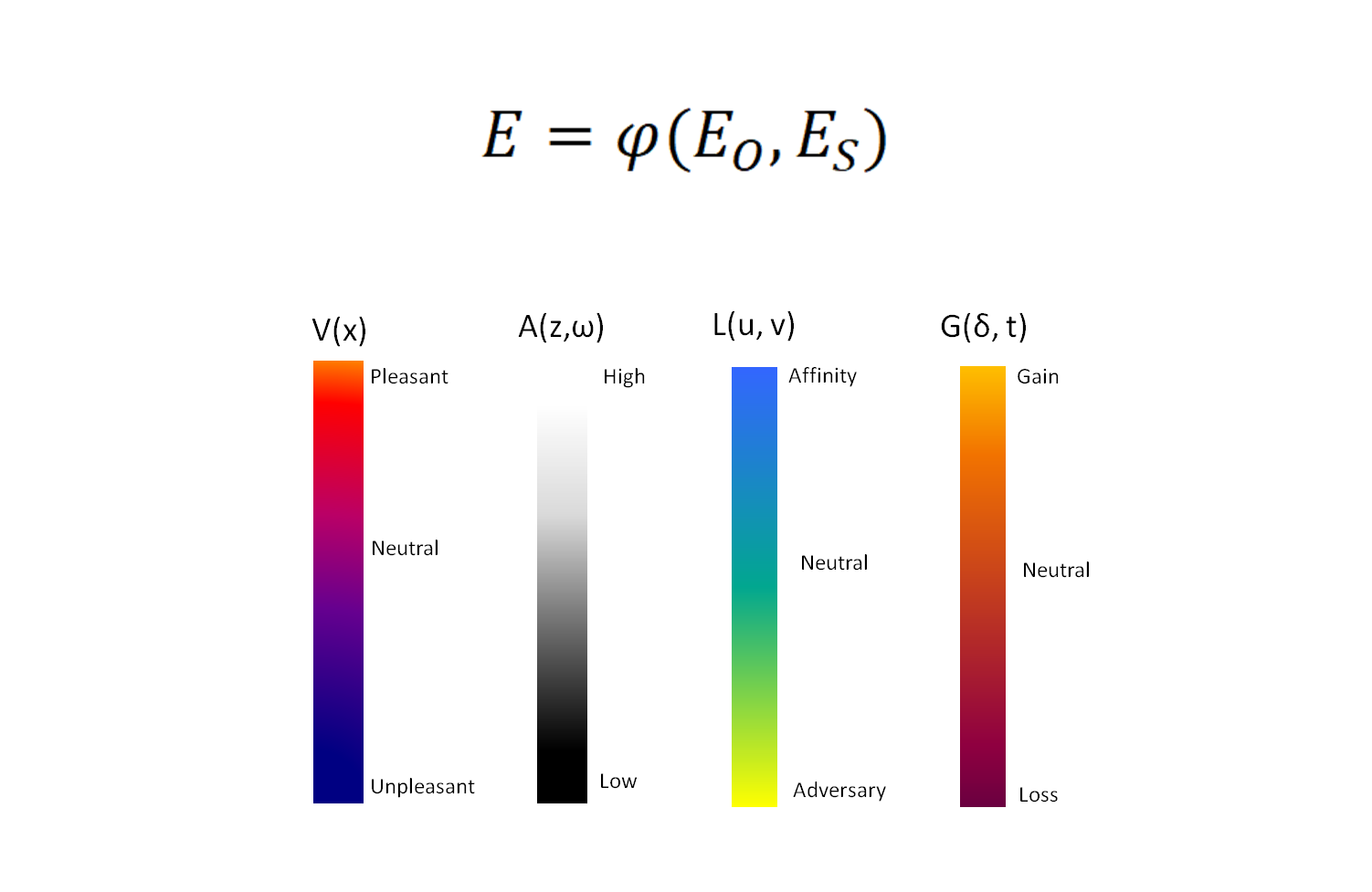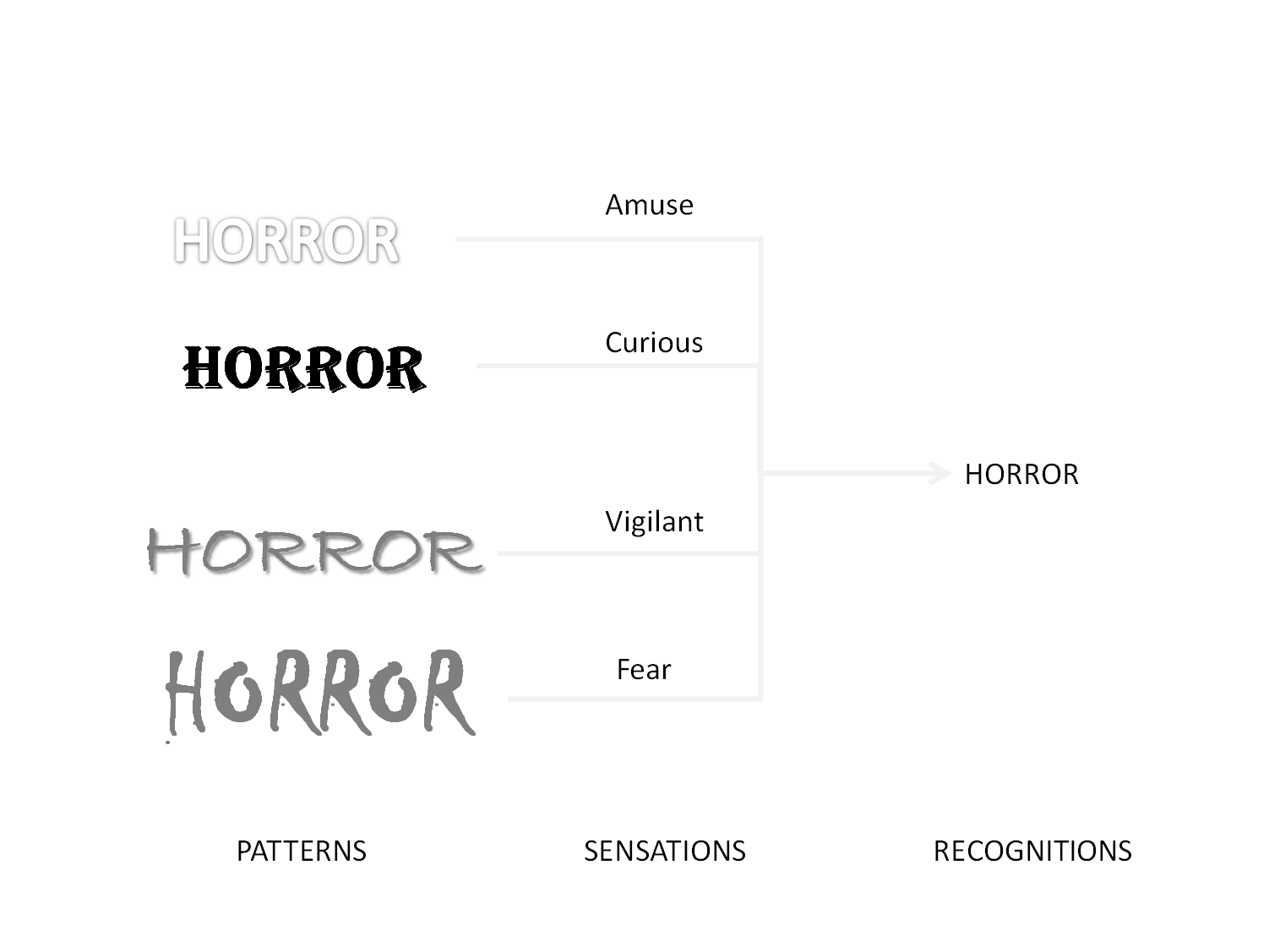Sentiment Model
In 2014, 10 years ago, I was first introduced to Sentiment Analysis at my work. I found it really fasinating. In addition to Language and Image Processing, I have put significant effort towards the study of Sentiments and Emotions.
Humans, without a doubt, are rational beings, and yet at the same time, it is undeniable that they are sentimental as well.
Why do, I have been asking this question, sentiments, which does not seem logical nor rational, play an significant role in rational human minds. Is it not intriuging?
After a considerable study, I have found out that, although there are many signficant factors which determines human's sentiments, there is one primary contributing factor: uncertainty.
Our brain is actually a black-box in that it literally locates inside an enclosed region, known as a skull. Therefore, for our brain to make a rational decision, all the necessary information from the environment must come from our senory organs. Therefore, as an result, our brain cannot know in advance what kind of information it can perceive from the environment, although it can limitedly predict for certain aspects.
So, most of the time, our future is literally unknown, and it is unknowable. In face of unknowable unknowns, making a rational judgement has become comptationally expensive: our brain needs to calculate all the possible outcomes with all possible scenarios.
Formally, it is commonly known as "Exploration and Exploitation Dilemma".
In Reinforcement Learning "Exploration and Exploitation Dilemma" always needs to be addressed for optimum value. As we don't know how the environment will change in advance, it is always necessary to take some risk for exploring new options.
However, taking risk, which involves possible failures, does not always align with rational judgement or rational decision. Ultimately, when it comes to unknowable unknowns with possible failures, the rational judgement or the rational decision comes to meet with its own fundemental limitations: making a rational decision is, after all, selecting the best option. But what if we don't know what the best avaiable options are?
"Exploration and Exploitation Dilemma" is not a problem only humans would be facing; it is the ultimate problem for any autonomouns sentient machines or beings, which cannot know the future in advance.
Currently, most mechanical autonomous agents (robots) are trained with simulated replays to alleviate the Exploration Problems; however, it is highly questionable if simulated replays could be available for all possible scenarios. For the record, humans don't have such replays, we cannot undo what has been done. If we made a wrong decision while taking risk, it could also be fatal.
However, humans have been living with uncertainty while taking risk for such a long time. How do we know if someone, we randomly meet from a blind date, could become our significant other for another 40 years? Or How do we know what kind of career is right for us in 20 years from now on?
How do we make such decisions or judgements? After a careful study, I have found out that such decision are not purely rational nor logical. And it is where sentiments come into play.
Again, after a careful study, I have found out that our sentiments are shaped by two primary contributing factors:
- Survival Instincts - to determine individual survival and behaviors
- Social Instincts - to determine group survival and behaviors
One of the major Emotion Theories is Dimensional Emotion Theory, which proposes "Emotions" can be represented in N-Dimension Emotion Space. Interestingly, Dimensional Emotion Theory suggests that an Emotion is actually similar to a Vector in Vector Space.
It is undeniable that emotions are there.
However, although there have been many theories, based on Dimensional Emotion Theory, which study emotions in terms of Dimensions, very few have actually addressed the emotions in the context of survival and social instincts.
Emotions exist. But, why, in the first place, emotions are there? Why do humans feel sadness, joy, anger, or fear? I am not conviced that emotions exist just to spice up our life and make our life more dramatic.
There should be more to the fundemental reasons why emotions exist in the first place. We feel pain and pleasure, but for what reason?
But, what if emotions exist to safeguard our exsitence or our survival individually or socially?
Biologically, humans have to survive in the unknown environment, in which the future is not pre-determined. So, how could humans ensure which is good for them or not, without any prior knowledge?
Imagine, humans need to survive on an unknown island, where there are a lot exotic fruits, which have never seen before. In such situation, how do humans determine which fruits are good to eat or not?
Valance, for example, is the emotional cues of pleasure and pain as to the stimuli from the environment. As a rule of thumbs, what tastes good could be potentially good, and what tastes bad could be potentially bad.
In this sense, pain and pleasure are the part of reward systems to ensure the survival of humans, in situations where prior knowledge is not avaiable.
Why "Sugar" is tasty and attractive to humans is exactly because humans primarly rely on Carbohydrate to gain energy for survival.
Therefore, the role of Emotions in context of the survial of humans and societies seems more convincing, and thus, I have come up with a novel theory for the Sentiment Model.
If what is tasty is generally good for our health, then how about what make us feel good? It also raises a question as to whether it is a really good idea if we put our illogical emotions out of the equation from our rational mind?
V3A (Valance, Arousal, Affinity, Accrual) Model is my baseline model which defines the Latent Emotional Space, in which each sentiment (emotion) can be represented as 4D Vector.
In V3A Model, Valance and Arousal represent the sentiment function (EO) related to Survival Instincts, while Affinity and Accural represent the sentiment function (ES) related to Social Instincts.
Please visit my research for more information.

Although the premise could be highly controversial, the role of Sentiments in AI and Robotics is highly undermined.
Actually, robots are generally built to be able to operate in Environments unsuitable for humans. This implies that the Environment in which robots will operate could be highly dangerous, and a robot has to survive in such an Environment, at least to certain extent, with minimum supervision.
This also implies that a robot needs some kind of Survival Instincts which will enable it to avoid dangers and survive in unknown situations.
Suppose, a robot is working together with other robots in unknown environment, a question will particularly be raised:
- Survival Instincts - Should a robot priortize on its own survival or its own well-being.
- Social Instincts - Should a robot priortize on other robots' survival or their well-being.
Actually, it is the same problem humans have been facing, for which, unfortunately, we still cannot find the answer. I am sure we will never reach "logical" answer for this problem.
Nonetheless, robots will sooner or later will face the same problem as humans if they will have to survive as a group in unknown environments.
Then, how humans have survived so far: because we are also sentimental.
Sentiments (Emotions) represents additional information which recognition cannot recognize.
